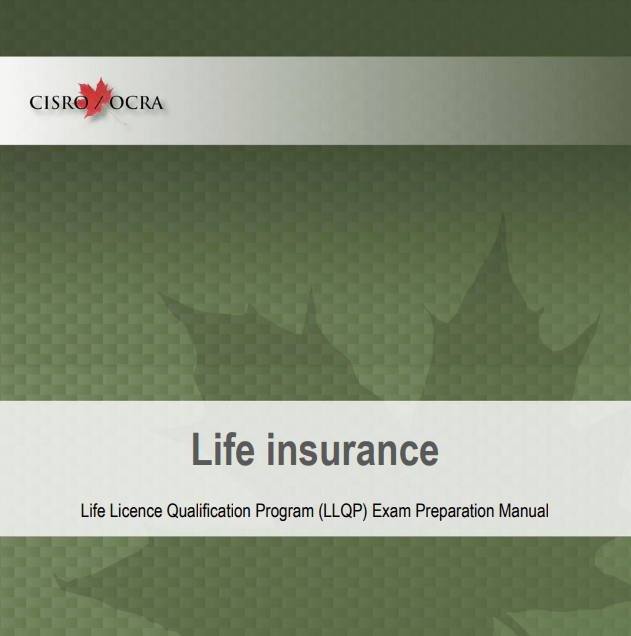Chapter 20: Contract and Tort Law
July 17, 2023
- Simply stated, a contract is a legally enforceable agreement made between two or more parties.
- The Offer: An offer is a promise made by one party to another to do something
- Acceptance of the Offer: Acceptance is a promise to accept the offer.
- Intention to Create a Legal Relationship: The parties entering into an agreement must intend to form a legally binding agreement.
- The Legal Capacity to Enter into a Contract: Parties must be approximately equivalent in bargaining power and must meet minimum standards in regards to maturity and intellect to be deemed to have the legal capacity to enter into a contract.
- Legality Requirements: Every contract must meet certain legality requirements. It must have a legal purpose. To be considered legal, this purpose cannot violate any law, statute, or public policy.
- Exchange of Consideration: Although there are exceptions, parties to a contract must agree to exchange something of value in return for their promises.
- The contract may be rescinded, meaning that the contract will be cancelled and the parties will be returned to their pre-contract states.
- Duress is defined as a threat or act, whether aimed at personal property or a person that induces or causes another person to perform some act against his or her will, while undue influence can be described as any pressure or act of persuasion, short of physical force and therefore not meeting the definition of duress, that overcomes an individual’s judgment and free will.
- Only the parties to a contract may enforce it.
- A condition for financing which allows the Borrower to cancel the contract if he or she can not obtain mortgage financing.
- The contract will be voided due to Frustration.
- Abena may obtain an injunction to prevent the sale to Bob and sue for specific performance to force David to sell her the house.
- This is an example of “discharge by right” which occurs when there is a clause written into a contract that provides one or both parties with the option to cancel the contract before performance. Such clauses include an option to terminate, a condition precedent and a condition subsequent.
- No, there is no contract because there was no offer and acceptance before Dominic had cut the lawn. Mr. Malikson’s promise to pay was simply that: a promise, and not a contract.
- A wrongful act that causes one person to suffer loss or harm.
- This may occur if, for example, a mortgage agent provides their opinion on a legal matter when they are not a lawyer, and their client suffers a loss.
- In torts, damages are an award of money by the court, designed to put the plaintiff back into the position they were before the wrongdoing occurred. This is different from damages in contract law, which are designed to put the innocent party in the position they would have been had the contract been performed.
- Punitive damages: These are damages when the wrongdoing is so egregious that a court feels it necessary to not only compensate the plaintiff but punish the defendant as well.
- Aggravated damages: These damages are awarded when the wrongdoing is so egregious that it surpasses the test for punitive damages. In this case the court may award aggravated damages not to punish the defendant, but to compensate the plaintiff even further.
- Intimidation occurs when a defendant threatens to commit an unlawful act to force the plaintiff to do something against their will. This can be any unlawful act. Duress is a threat or act, whether aimed at personal property or a person that induces or causes another person to perform some act against their will.





